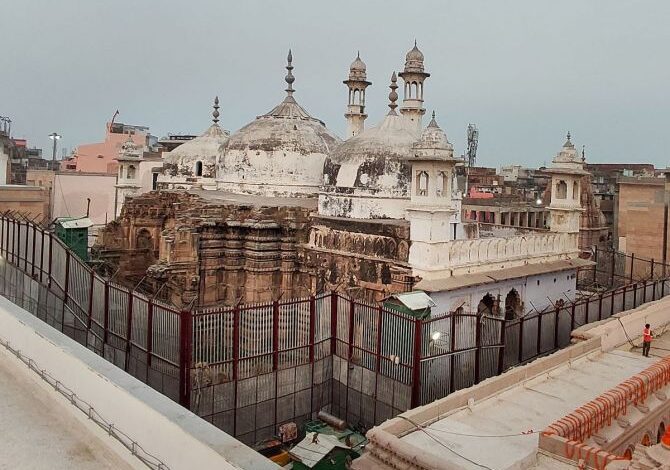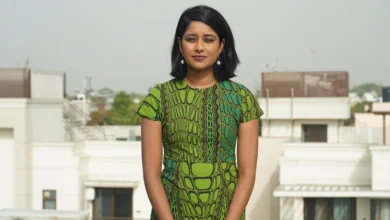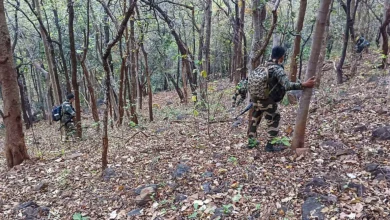Varanasi’s Gyanvapi archaeological survey to be made public
The Kashi Vishwanath Temple is known to exist where a mosque is present.

The district judge in Varanasi overseeing the Gyanvapi mosque case has directed the distribution of hard copies of the survey report to the petitioners and other involved parties. However, the report will not be immediately released to the public.
The survey report, a crucial element in this contentious case, was submitted to the court in a sealed envelope approximately a month ago. Following the court’s order, expected to be received by this evening, all parties involved will be required to formally apply to the court to obtain their copies. Once these applications are processed, photocopies of the survey report will be distributed to the respective parties.
The public release of the report is anticipated to take up to a week. The report’s significance lies in its potential impact on the resolution of the case, as Hindu parties claim that the Gyanvapi mosque was built over a demolished temple and are seeking the right to worship at the site.
The Archaeological Survey of India (ASI) conducted the survey on the Gyanvapi mosque premises starting from August 4 of the previous year. The only area excluded from the survey was the Wuzukhana, sealed following a Supreme Court order.
ASI’s submission of the report followed several extensions granted by the court. Originally ordered on July 21, 2023, in response to a petition filed by four women, the survey was deemed essential to determine if the mosque was constructed over a razed Hindu temple.
In April ’23, the court mandated a video survey of the complex based on this petition. Conducted in May, the survey revealed a structure in the Wuzukhana, claimed by petitioners to be a ‘shivling,’ adding another layer of complexity to the case with significant religious and historical implications.



